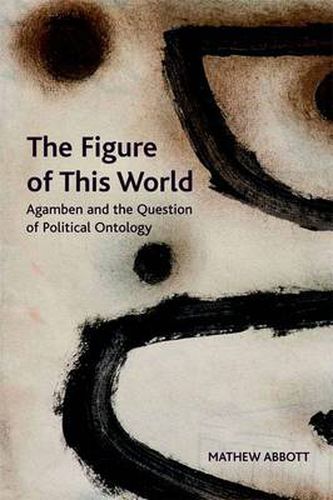Readings Newsletter
Become a Readings Member to make your shopping experience even easier.
Sign in or sign up for free!
You’re not far away from qualifying for FREE standard shipping within Australia
You’ve qualified for FREE standard shipping within Australia
The cart is loading…






What if we’ve been wrong when reading Agamben? Mathew Abbott argues that Agamben’s thought is misunderstood when read in terms of critical theory or traditional political philosophy. He shows instead that it engages in political ontology: studying the political stakes of the question of being.
Abbot demonstrates the crucial influence of Martin Heidegger on Agamben’s work, locating it in the post-Heideggerian tradition of the critique of metaphysics. He also positions it in relation to the thought of Benjamin, Nietzsche, Levinas, Nancy, and Wittgenstein. As he clarifies it, Abbott links Agamben’s philosophy with Wittgenstein’s picture theory and Heidegger’s concept of the world-picture, showing the importance of this for understanding – and potentially overcoming – the forms of alienation characteristic of the society of the spectacle.
$9.00 standard shipping within Australia
FREE standard shipping within Australia for orders over $100.00
Express & International shipping calculated at checkout
What if we’ve been wrong when reading Agamben? Mathew Abbott argues that Agamben’s thought is misunderstood when read in terms of critical theory or traditional political philosophy. He shows instead that it engages in political ontology: studying the political stakes of the question of being.
Abbot demonstrates the crucial influence of Martin Heidegger on Agamben’s work, locating it in the post-Heideggerian tradition of the critique of metaphysics. He also positions it in relation to the thought of Benjamin, Nietzsche, Levinas, Nancy, and Wittgenstein. As he clarifies it, Abbott links Agamben’s philosophy with Wittgenstein’s picture theory and Heidegger’s concept of the world-picture, showing the importance of this for understanding – and potentially overcoming – the forms of alienation characteristic of the society of the spectacle.